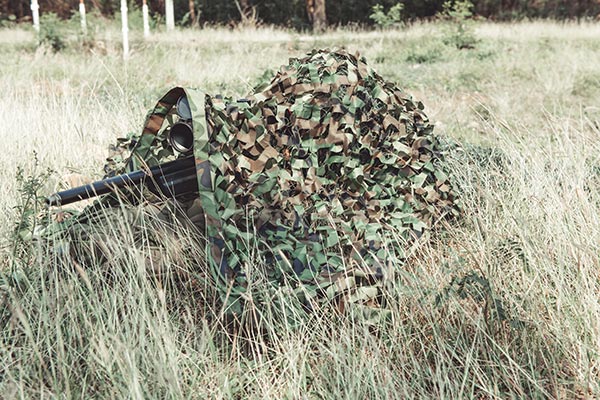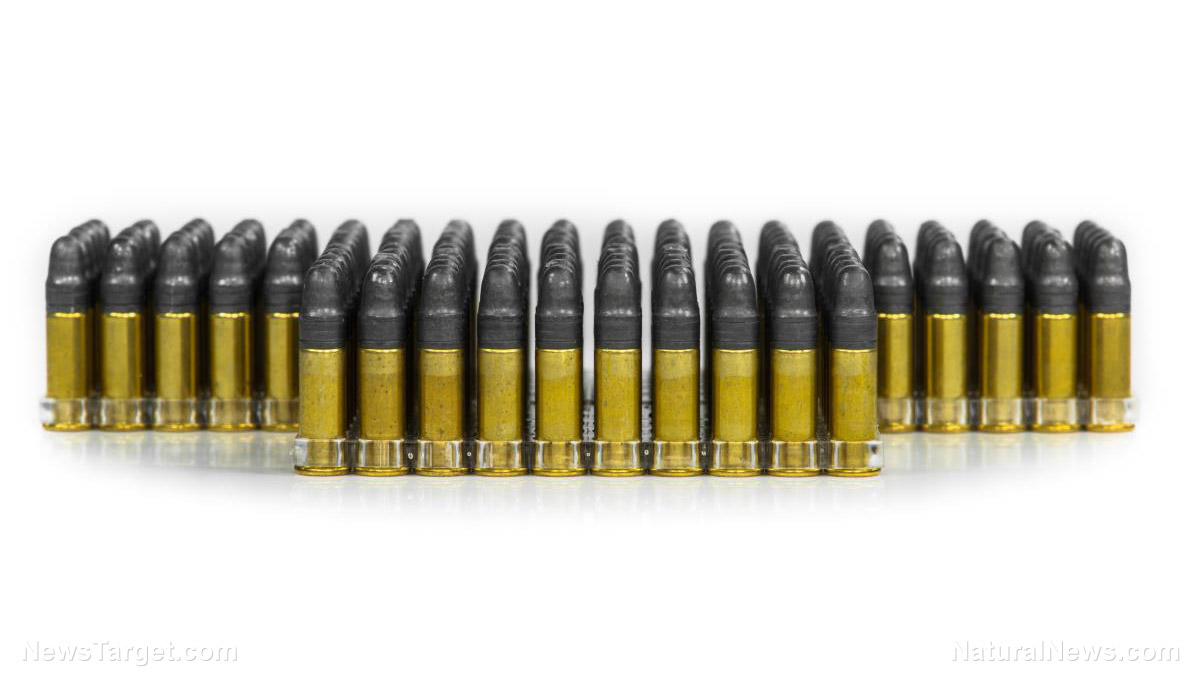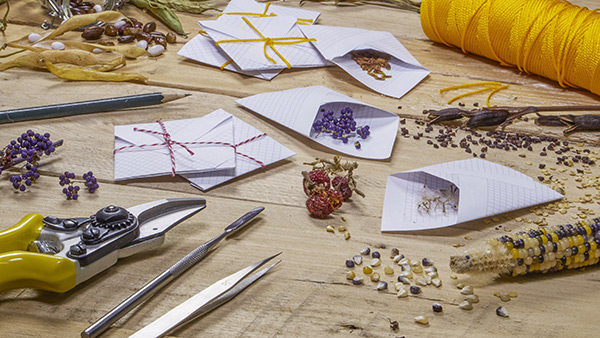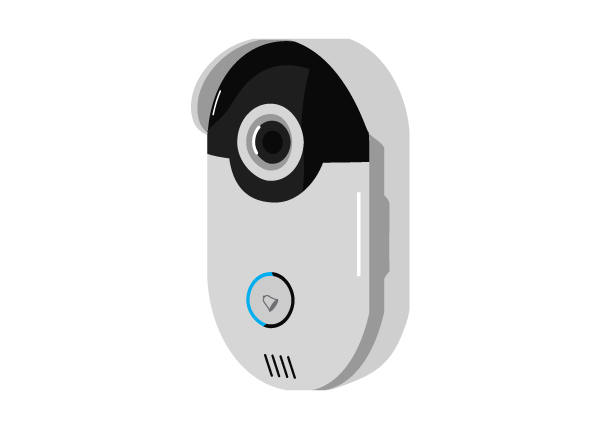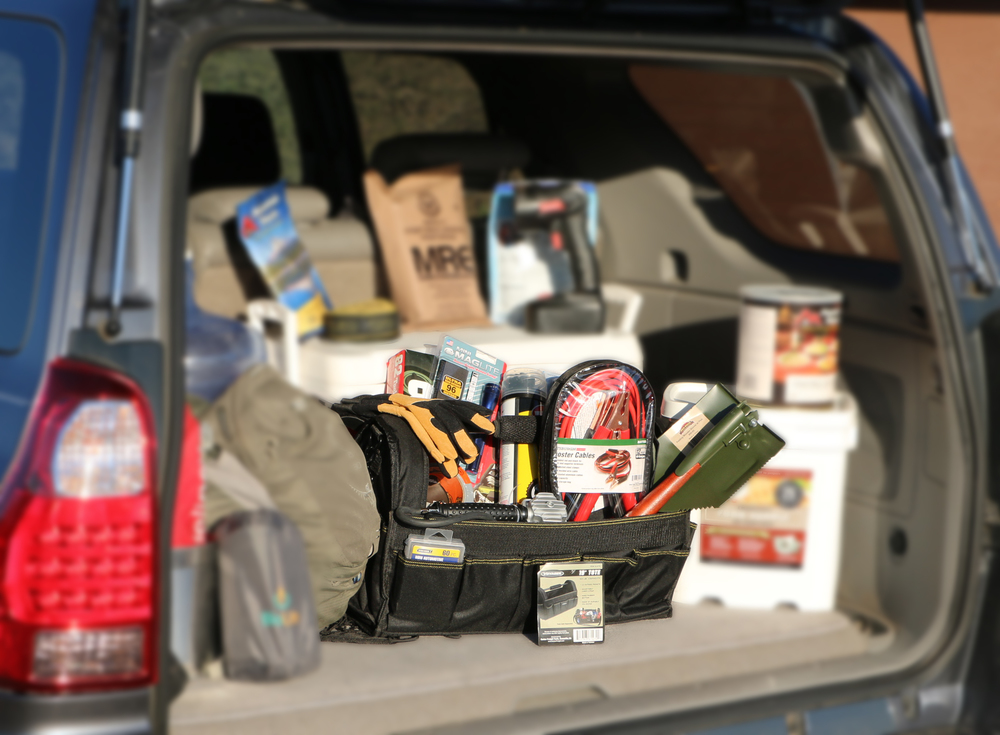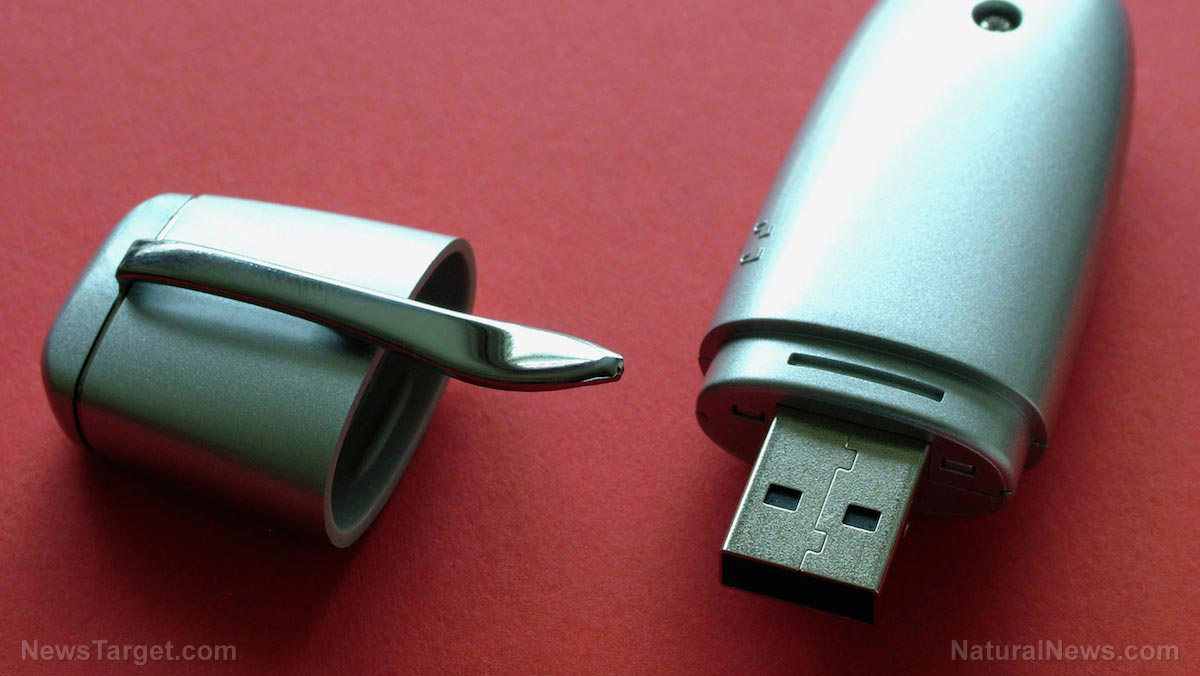Survival medicine 101: Three natural remedies for pain relief, infections and for improving heart health
12/22/2019 / By Darnel Fernandez
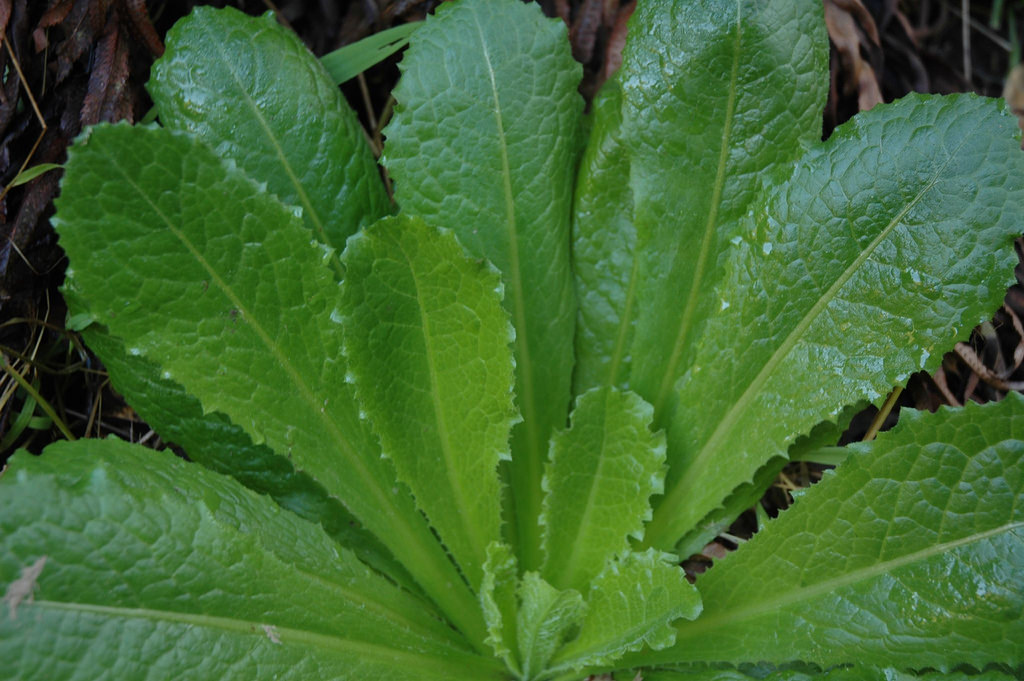
If and when SHTF, you might experience a higher risk for physical injuries. This could be made even worse by the potential lack of conventional medical facilities or medical supplies. In times of disaster, many stores would have been completely ransacked, leaving you with only nature’s boons to keep you safe from harm. If you ever catch yourself or someone else in a bind, being able to concoct various natural remedies could be your one-way ticket to safety. (H/t BioPrepper.com)
Three potent natural remedies
Instead of spending hundreds of dollars stocking up on prescription or over the counter medicines, preppers can take advantage of natural remedies available for them to make. There are plenty of medicinal plants that harbor health benefits and healing properties that can get you through a variety of injuries and illnesses. (Related: Learn how to grow these 8 medicinal plants in your indoor garden.)
Below you can find three potent remedies used for certain purposes: namely pain relief, infections, and even improving heart health.
Angry Bear’s Paw
Despite the intimidating name, this natural remedy was used to treat wounded and dying American soldiers out on the battlefields of World War II. It is said that Comanche natives use this before battle so their warriors could keep fighting despite grievous wounds, much like an angry mother bear protecting her cubs from potential threats.
It’s made from a common plant called wild lettuce or Lactuca virosa, a herbal plant with pain-relieving properties. Wild lettuce is also found to have sedative properties as well, being able to fight off insomnia and trigger relaxation from anxiety and spasms.
Here’s how to make Angry Bear’s paw:
- Grind up the wild lettuce leaves and boil them until it turns into a brown substance.
- Strain the liquid then keep it on low heat for about two to three hours until the mixture becomes gluey and dark.
- At times, it might take you about four to five hours to finish the entire process, but the healing effects are more than worth it.
Log Man’s Mending Fur
This remedy is a potent antibiotic made from a certain medicinal lichen called Usnea barbata. In some regions, this plant is called Log Man’s Mending Fur; others would refer to it as Old Man’s Beard. Usnea barbata is chockful of usnic acid, which gives it its medicinal properties. This compound is considered a powerful antibiotic and antifungal chemical and is traditionally used as bandages to heal wounds and prevent infection. Usnic acid is particularly effective against pathogenic fungi, as well as certain bacteria like staphylococcus and streptococcus.
Here’s how to make your own:
- Ground one ounce Usnea barbata and place it in a jar.
- Add about five ounces of vodka then leave the mixture on low heat for about two hours. After letting it rest for a day, you should have a fresh batch of Log Man’s Mending Fur ready for use.
Red Beak Powder
For those with cholesterol problems, this remedy might be right up your alley. Red Beak Powder is made from a herb called Crataegus, which is commonly known as hawthorn. Many cultures around the world utilize this plant for a wide variety of therapeutic purposes for many years, including cardiovascular disease. A study published in the journal Pharmacognosy Review claims that Crataegus holds the potential to be used as a remedy for cardiovascular disease. This plant can be used to melt away deadly cholesterol deposits in your arteries which, in turn, lower your blood pressure.
Here’s how to make a batch of this heart-healthy remedy:
- Gather berries from the Hawthorn tree and remove the seeds. These seeds contain traces of amygdalin, which could be dangerous in large doses.
- Add in some water and blend the mixture until it all comes together.
- After, place the mixture on a tray and let it dry inside an oven preheated to 200 degrees Fahrenheit with the oven door open.
- You can also opt to use a dehydrator if you have one available. Leave the mixture inside for eight to ten hours.
The powder gained from this process can then be placed inside capsules to be taken as medicine or mixed in with water to cleanse your blood vessels.
Survival remedies can be potent alternatives when SHTF. Having the knowledge to make them on the fly could help save a life. If you’re looking for more survival remedies to expand your repertoire, visit EmergencyMedicine.news.
Sources include:
Tagged Under: Disasters, emergencies, emergency medicine, hawthorn, herbal medicine, Herbs, natural cures, natural medicine, Old Man's Beard, pain relief, plant medicine, prepper, prepping, remedies, SHTF, survival, survival medicine, Survival Tips, survivalist, wild lettuce
RECENT NEWS & ARTICLES
COPYRIGHT © 2018 SURVIVALGEAR.NEWS
All content posted on this site is protected under Free Speech. SurvivalGear.news is not responsible for content written by contributing authors. The information on this site is provided for educational and entertainment purposes only. It is not intended as a substitute for professional advice of any kind. SurvivalGear.news assumes no responsibility for the use or misuse of this material. All trademarks, registered trademarks and service marks mentioned on this site are the property of their respective owners.





